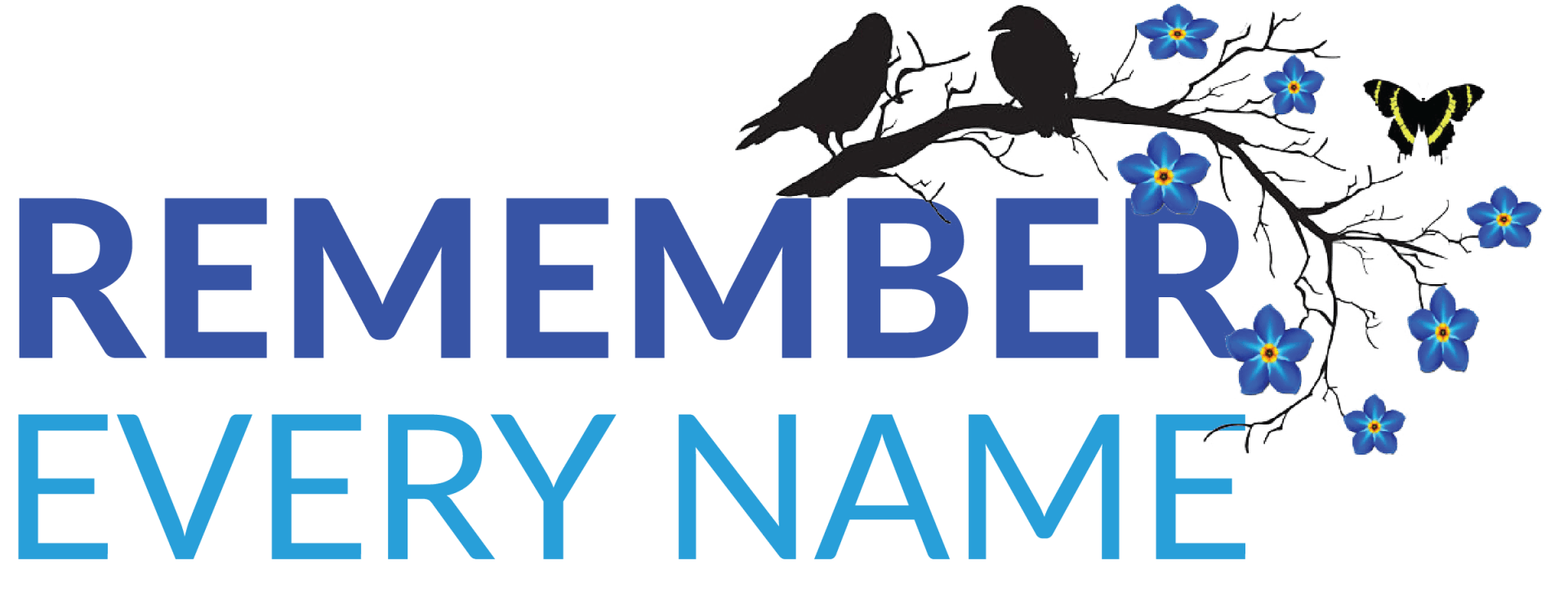Almost 100 Years of Institutionalization in Alberta of Individuals with Developmental Disabilities Draws to a Close

Published by AACL
Today is a momentous day of celebration for all Albertans as we join almost every province in Canada in ending the large-scale institutionalization of Albertans with developmental disabilities with the closure of Michener Centre’s institutional facilities and the return to a life in community of the adults with developmental disabilities who lived there. Institutionalization began with the misguided and false assumption that institutions would provide for the safety and well-being of individuals with developmental disabilities. Many decades of evidence across the western world have proven time and time again that institutions are far more likely to place vulnerable individuals at risk and limit their potential.
Alberta’s infamy of forced sterilization, and worse, within the walls of its institutions came to an end in the early 1970’s with the moral leadership of Premier Lougheed and then MLA Dave King. Today that legacy is being honoured and completed thanks to the leadership of Premier Redford and Ministers Hancock and Oberle.
Barb MacIntyre, President of the Alberta Association for Community Living (AACL) and the parent of an adult son with developmental disabilities, stated, “ While today marks the beginning of new and promising lives for those leaving the institution, I know they and their families will be anxious. We want to reassure them, we are prepared to support them in realizing the promise of a life in community to which they are entitled.”
In 2006 AACL published Hear My Voice, stories in their own words of individuals with developmental disabilities who once lived in Michener Centre but now live in community. This book is a powerful testimony to the resiliency of the human spirit, its capacity for forgiveness and hope fulfilled.
Bruce Uditsky, AACL CEO and the parent of an adult son with developmental disabilities, noted, “We know from experience and research*, it is not enough to close an institution. The focus must be on the individual person first and foremost, ensuring access to a meaningful life and a real home in community. We know as well communities will benefit from welcoming individuals with developmental disabilities as valued friends and participating members.”
*Lakin, Larsen & Kim. (2011). Behavioral Outcomes of Deinstitutionalization for People with Intellectual and/or Developmental Disabilities: Third Decennial Review of U.S. Studies, 1977-2010. Policy Research Brief, 21(2). University of Minnesota
Kozma, Mansell, and Beadle-Brown (2009).Outcomes in Different Residential Settings for People With Intellectual Disability: A Systematic Review. American Journal of Intellectual and Developmental Disabilities, 114 (3).
